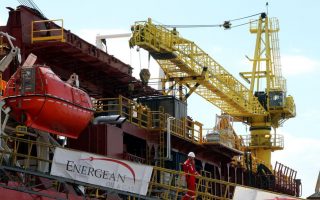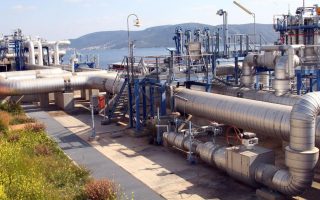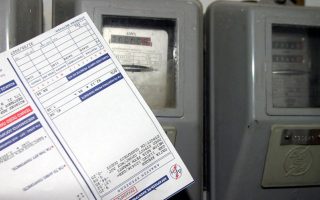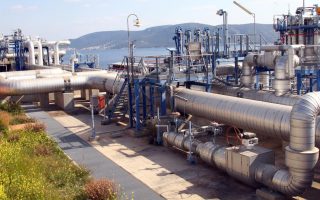Greeks aim to prove they mean business by ramping up privatization
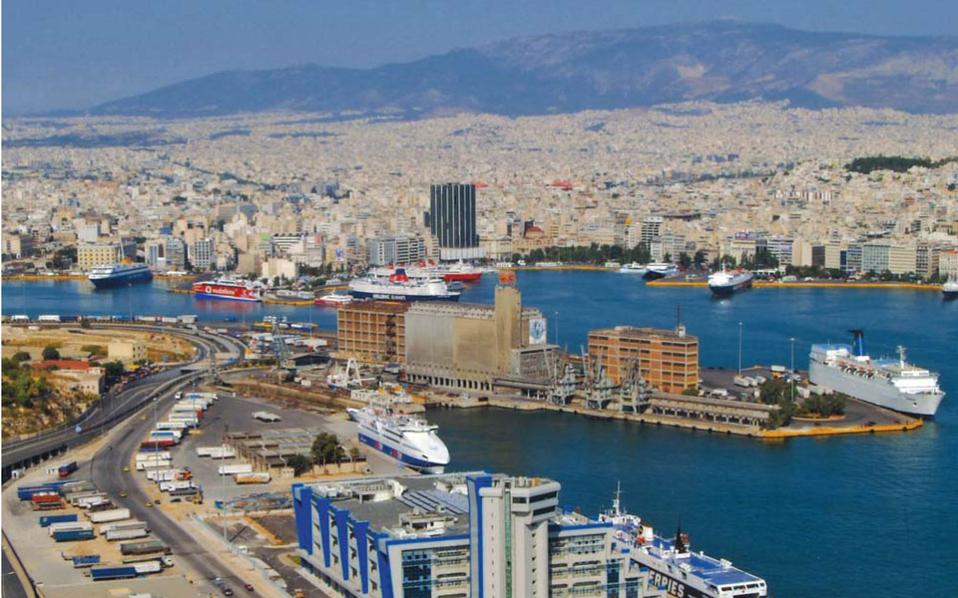
As Greece struggles to earn the next payout from its third bailout, the revival of its stalled privatization program may help rebuild creditors’ trust after months of often bitter confrontation.
Greece is aiming to lease 14 regional airports and line up the sale of a majority stake in the port of Piraeus before the end of the year as the government attempts to rev up asset sales that have consistently failed to live up to expectations through successive bailouts.
Next year officials in Athens are targeting 3.5 billion euros ($3.9 billion) from asset sales and concessions, as much as the country raised in the past four years.
“The willingness of the government to continue the privatizations will signal its credibility and the ability to take ownership of Greece’s third economic adjustment program,” said Theodoros Stamatiou, senior economist at Eurobank Ergasias SA. “The current series of privatizations will signal to foreign investors that the government is willing to do business with the international markets.”
Following a three-month lull that saw Alexis Tsipras become the first prime minister to win re-election after signing up to an aid package, Greece is running up against financial deadlines once again.
Euro-area finance officials will consider this week whether the government has completed the legislation required to release the next 2 billion-euro disbursement from the bailout and next month the country is trying to close the first review of the rescue program. That’s a key part of the process for accessing another 25 billion euros to recapitalize the banks.
Inspectors in Athens
The European Central Bank is due to release its assessment of the banks’ capital needs by the end of the month and European Commission Vice President Valdis Dombrovskis will meet Tsipras in Athens on Monday to assess progress on implementing the bailout.
“The immediate priority is the implementation of the program and the successful conclusion of the first review,” Dombrovskis said in an interview with Athens-based To Vima newspaper published Sunday. “It’s especially important that we ensure that the program is on the right track when the time comes for recapitalization of the banks.”
The proceeds from the asset sales will be used to repay some of the loans Greece will receive for its battered banks, as well as for financing investments following the steepest recession in more than half a century. Access to the privatization cash was one of the few concession Tsipras managed to wring out of German Chancellor Angela Merkel and the rest of the EU leaders when the rescue was thrashed out during all-night talks in July.
By December, the government aims to complete the 1.2 billion-euro regional-airport lease with Fraport AG-Slentel and receive a binding offers for a 67 percent stake in Piraeus Port Authority SA from AP Moeller-Maersk’s APM Terminals unit, China Cosco Holding Co and Philippine port operator International Container Terminal Services Inc. That deal is due to be completed in early 2016.
These privatizations “will have an impressive impact on the Greek economy” and will show that the economy “has been stabilized,” Stergios Pitsiorlas, chairman of the Hellenic Republic Asset Development Fund, said in an interview in Athens. “They will radically change the image of the country and bring more investments.”
The fund will also address “as a matter of priority” the 20-year extension of the concession to operate Athens International Airport and the sale of a 30 percent stake in the Greek capital’s air transport hub, Pitsiorlas said.
Energy Opportunity
While the target for 2016 represents a step change from the country’s progress so far, it’s only a fraction of what’s required. Creditors insist that Greece generate 50 billion euros from a “significantly scaled-up privatization program” over the three years of the country’s latest aid program.
Other assets on the bloc include Hellenic Telecom SA, Hellenic Petroleum SA, state-gas supplier Depa SA and a 17 percent stake in Public Power Corp. SA, Pitsiorlas said. The country’s position in Balkan energy transit routes presents “an opportunity we shouldn’t miss,” Pitsiorlas said.
Greece will decide on the shape of a new state asset fund to manage the process by the end of November, Finance Minister Euclid Tsakalotos said Oct. 20. That structure will give the government more leeway to extract value from state holdings as it looks to use the windfall to help the rest of the economy recover, Pitsiorlas said.
The proceeds from privatizations “can’t just be thrown into the bucket for debt servicing,” he said. “Some of this money has to be used for immediate needs and investments.”
[Bloomberg]


